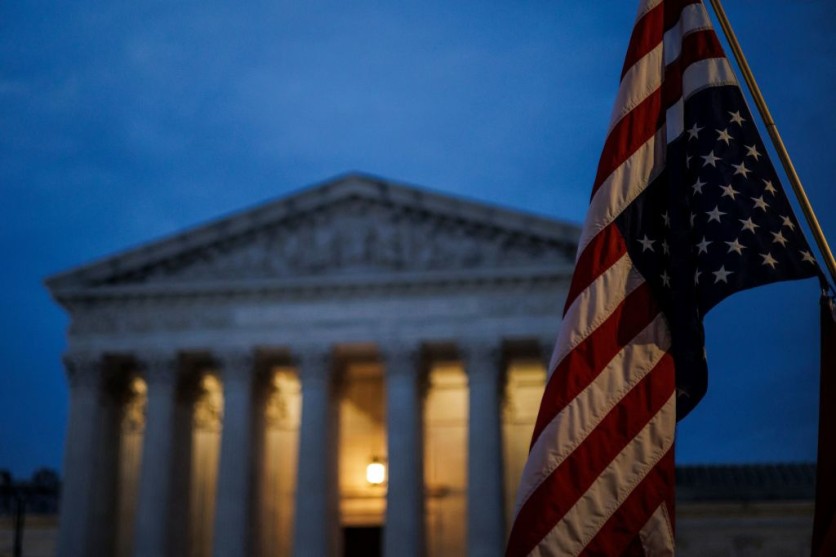The US Supreme Court is taking on two pivotal social media cases that could impact online free speech. These cases challenge Texas and Florida laws forcing social platforms to host content they'd otherwise remove.

Challenging Social Media Speech Laws
The US Supreme Court has taken up two significant social media cases that carry substantial implications for online expression. In these cases, the court will examine whether laws enacted by Texas and Florida infringe on First Amendment rights by compelling social platforms to host content they would otherwise remove.
The Washington Post reported that prominent tech industry organizations, including Meta, X, and Google, argue that these laws are unconstitutional and violate the First Amendment rights of private companies.
Matt Schruers, representing the Computer & Communications Industry Association (CCIA) stated that forcing private online platforms to treat extremist hate content on par with other forms of expression is not only unwise but raises constitutional concerns.
The coalitions representing the tech firms challenging these regulations argue that online platforms could face legal jeopardy for taking down content involving violence, hate, propaganda from adversarial governments, and spam.
Keeping such content accessible could have detrimental financial repercussions, potentially leading to advertiser and user boycotts that could adversely impact their revenues.
The Supreme Court's decision, which arrives just before the commencement of its new session, reflects the ongoing challenge of adapting long-standing laws, some dating back to the early days of the digital era, to the rapidly evolving online landscape.
Previous Suspensions
In 2022, Engadget reported that a divided Supreme Court voted with a five-to-four split to temporarily halt the implementation of the Texas law.
The Justices who voted to prevent the law from taking effect were John Roberts, Stephen Breyer, Sonia Sotomayor, Brett Kavanaugh, and Amy Coney Barrett. Conversely, Samuel Alito, Clarence Thomas, Elena Kagan, and Neil Gorsuch dissented from the temporary hold.
Notably, Alito, along with Thomas and Gorsuch, expressed reservations about the law's constitutionality but favored allowing it to proceed temporarily. Meanwhile, Justice Kagan dissented without signing onto Alito's statement or providing separate reasoning.
The Biden administration has taken a stance against these laws, emphasizing their concerns before the Supreme Court. Solicitor General Elizabeth B. Prelogar highlighted the expressive nature of content curation, even when the majority of content is user-generated.
Associated Press reported that she emphasized that since the covered platforms primarily offer displays of expressive content, any government mandate to alter their content presentation, such as including content they seek to exclude or organizing it differently, raises clear First Amendment concerns.
Related Article : Supreme Court Temporarily Halts Social Media Communication Restriction for White House Officials

ⓒ 2026 TECHTIMES.com All rights reserved. Do not reproduce without permission.




